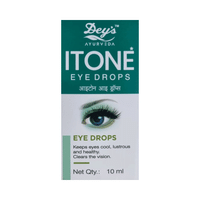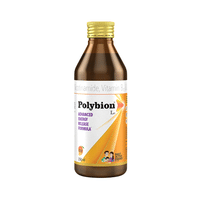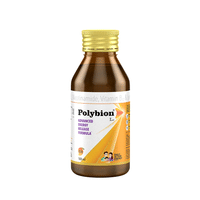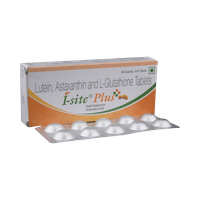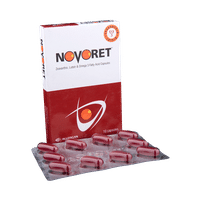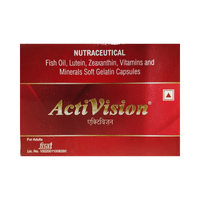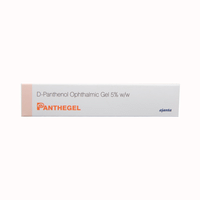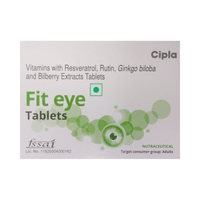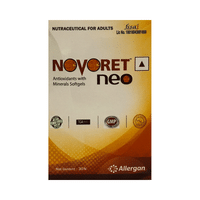Cyclopan D Eye Drop
food interaction for Cyclopan D
alcohol interaction for Cyclopan D
pregnancy interaction for Cyclopan D
lactation interaction for Cyclopan D
food
alcohol
pregnancy
lactation
No interaction found/established
No interaction found/established
Information regarding the use of Cyclopan D Eye Drop during pregnancy is not available. Please consult your doctor.
CONSULT YOUR DOCTOR
Information regarding the use of Cyclopan D Eye Drop during breastfeeding is not available. Please consult your doctor.
CONSULT YOUR DOCTOR
SALT INFORMATION FOR Cyclopan D
Cyclopentolate(0.1% w/v)
Uses
Cyclopentolate is used for eye examination and uveitis.
How it works
Cyclopentolate is used to dilate or enlarge the pupil of the eye so that the doctor can examine the back of the eyeball. It may also be used to reduce pain in certain eye conditions.
Common side effects
Blurred vision, Increased intraocular pressure, Photophobia, Conjunctivitis, Punctate keratitis
Dexamethasone(0.1% w/v)
Uses
Dexamethasone is used for Inflammatory conditions and Autoimmune conditions.
How it works
Dexamethasone is a steroid which works by blocking the production of certain chemical messengers in the body that cause inflammation (redness and swelling) and allergies.
Common side effects
Increased appetite, Edema (swelling), Increased intraocular pressure, Decreased potassium level in blood, Tendon rupture, Weight gain, High blood pressure, Increased glucose level in blood, Menstrual disorder, Glaucoma, Slow heart rate, Tachycardia, Arrhythmia (irregular heartbeats), Enlarged heart, Circulatory shock, Fat embolism, Fainting, Thromboembolism, Thrombophlebitis, Vasculitis, Glucose intolerance, Cushing syndrome, Fat accumulation, Conjunctival hemorrhage, Vitreous detachment, Conjunctival hyperemia, Posterior subcapsular cataract, Acne, Allergic dermatitis, Hair loss, Stretch marks, Facial redness, Fragile skin, Skin hyperpigmentation, Hypertrichosis (excessive hair growth), Hypopigmentation, Fluid retention, Growth retardation in children, Excessive hair growth on face, Hypokalemic alkalosis, Negative nitrogen balance, Hiccup, Nausea, Vomiting, Abdominal pain, Pancreatic inflammation, Anal itching, Defective spermatogenesis, Kaposi sarcoma, Hepatomegaly (enlarged liver), Anaphylactic reaction, Sterile abscess, Postinjection flare, Emotional lability, Headache, Idiopathic intracranial hypertension, Increased intracranial pressure, Myasthenia (weakness and rapid fatigue of muscle), Neuropathy, Personality changes, Seizure, Vertigo, Amyotrophy, Bulging eyes, Pulmonary edema, Impaired wound healing, Aseptic necrosis, Muscle weakness, Osteoporosis, Pathologic fracture of long bones, Steroid myopathy, Vertebral compression fractures, Increased liver enzymes
SUBSTITUTES FOR Cyclopan D
No substitutes foundExpert advice FOR Cyclopan D
- Cyclopentolate enlarges the pupil for eye examination and is commonly used in adults.
- It also reduces inflammation (redness and swelling) after cataract surgery.
- Apply pressure on the corner of the eye (close to the nose) for about 1 minute immediately after instilling the drop.
- Wait for at least 5-10 minutes before delivering the next medication in the same eye to avoid dilution.
- Stinging sensation may occur for 1-2 mins. Notify your doctor if it persists for longer.
- Make sure to use within 4 weeks of opening the bottle.
Frequently asked questions FOR Cyclopan D
Cyclopentolate
Q. What is the use of Cyclopentolate?
Cyclopentolate is a mydriatic-anticholinergic drug. It is used to enlarge the pupil of the eye (preventing the eye from focusing) and to paralyze the lens temporarily before an eye examination or surgery and
Q. Why is Cyclopentolate prescribed for microbial keratitis?
Cyclopentolate is prescribed for microbial keratitis to help in controlling pain and to prevent synechia (adherence of iris to cornea) formation
Q. How long does Cyclopentolate take to work?
Cyclopentolate takes about 30-60 min to work
Dexamethasone
Q. Is Dexamethasone a steroid?
Yes, Dexamethasone is a steroid medicine also known as glucocorticoids which occur naturally in the body and help to maintain health and wellbeing. Dexamethasone helps in treating various illnesses involving inflammation (redness, tenderness, heat and swelling) in the body.
Q. What is Dexamethasone used for?
Dexamethasone has anti-inflammatory and immunosuppressant properties. It is used to treat conditions like allergic conditions, anaphylaxis, asthma, rheumatoid arthritis and inflammatory skin diseases. It also aids in treating autoimmune diseases (these diseases happen when your body’s immune system attacks the body itself and causes damage) and certain eye disorders. Additionally, it is used to treat cancer and nephrotic syndrome when used with other medicines.
Q. How is Dexamethasone administered?
Dexamethasone should be administered by a doctor or under the supervision of a healthcare professional and should not be self-administered. Usually, it is given into a muscle (intramuscular), joint (intra-articular), directly into a vein (direct intravenous), infusion or into the area being treated (soft tissue infiltration). The dose will be decided by your doctor based on the condition you are being treated for as well as your body weight. Follow your doctor’s instructions carefully to get the maximum benefit from Dexamethasone.













